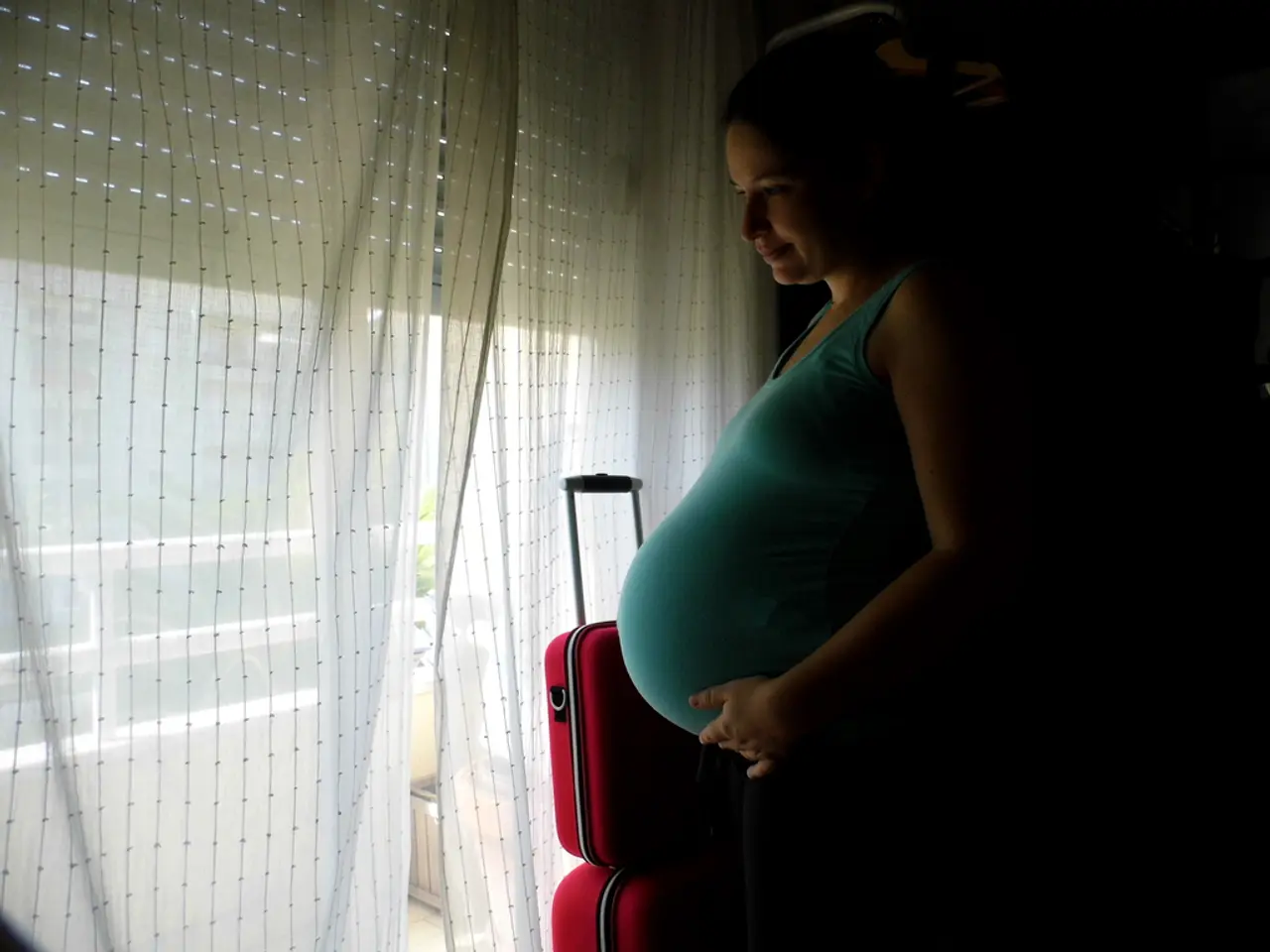Swiss Laws Protect Pregnant Workers: Exploring Employment Rights
Protections for Pregnant Employees in Switzerland
In Switzerland, pregnant employees are granted significant protections from dismissal, ensuring a safe and secure work environment during their pregnancy and for four months following childbirth. These protections are in place to safeguard the health and well-being of both the mother and the baby.
Key Protections
Pregnancy-related protections kick in once the employee informs the employer about the pregnancy. If a dismissal notice is received without knowledge of the pregnancy, the employee must notify the employer within two weeks for the protection to apply. After childbirth, the dismissal protection continues for four months.
Dismissal during pregnancy or parental leave is only allowed in exceptional cases, such as serious misconduct or company liquidation, and requires permission from the supervisory authority. If the pregnancy is discovered during a probationary period, different rules may apply, and dismissal may still be possible.
Steps to Take in Case of Dismissal
If an employer does not comply with these pregnancy-related protections, the employee can take the following steps:
- Inform the employer immediately about the pregnancy (if not already done), especially if a dismissal notice was received without knowledge of the pregnancy.
- Contact the Occupational Health and Safety Inspectorate to report improper dismissal or to seek authorization for protection enforcement.
- Seek legal advice or assistance from labor law experts or unions to challenge the dismissal on the grounds of pregnancy protection.
- If necessary, the employee may be entitled to appeal to the courts for reinstatement or compensation if the dismissal was unlawful under pregnancy protection laws.
Special Considerations
Pregnant workers can be fired during their trial (probation) period. If a company has a collective labor agreement, it is unlikely they will break the rules related to pregnancy.
If a pregnant woman's usual night work cannot be replaced by day work, she is excused from work and entitled to 80 percent of her salary. The only exception for dismissing a pregnant worker is for serious misconduct, such as theft.
Employers in Switzerland are bound by law to provide special benefits to expectant mothers. If a pregnant woman normally works at night, she can request to work during the day for the first six months of pregnancy. Pregnant employees have the right to lie down and rest during the day in a separate room. The same salary entitlement applies in case of strenuous or dangerous work.
Ensuring a Safe Work Environment
Employers must ensure a safe working environment for pregnant employees. Pregnant workers may only carry out activities that do not put them or their baby at risk. If working full-time, a day cannot exceed 9 hours, even if the employment contract allows more.
In Switzerland, pregnant employees are entitled to special protections and accommodations to ensure their health and safety at work. These protections are essential in providing a supportive work environment for expectant mothers and promoting a healthy work-life balance.
- To further ensure the health and well-being of pregnant employees in Switzerland, employers are required to provide special benefits, such as the ability to work during the day if a pregnant woman's usual job involves night work.
- The science of women's health recognizes that promoting a safe work environment for pregnant women, including measures like limiting work hours and accommodating rest breaks, is essential for the health and wellness of both the mother and the baby.




